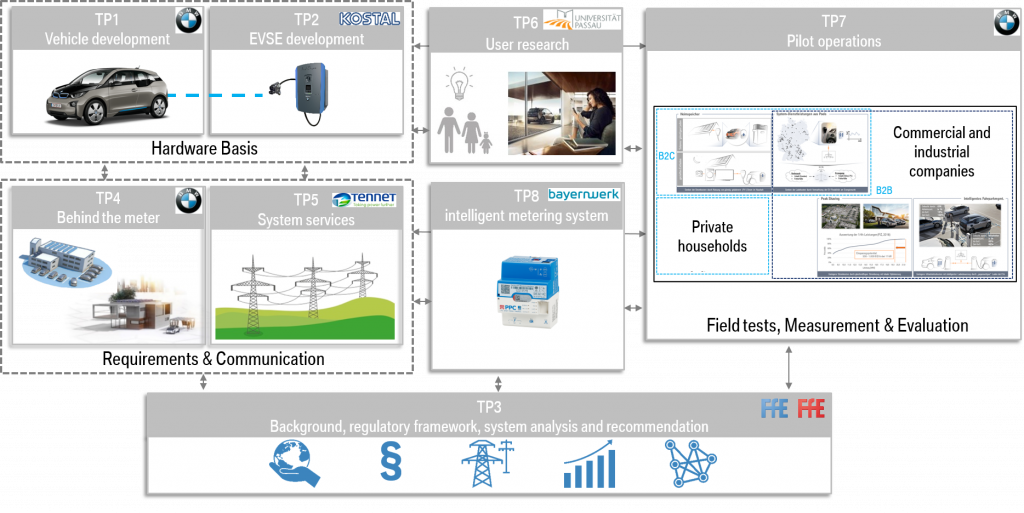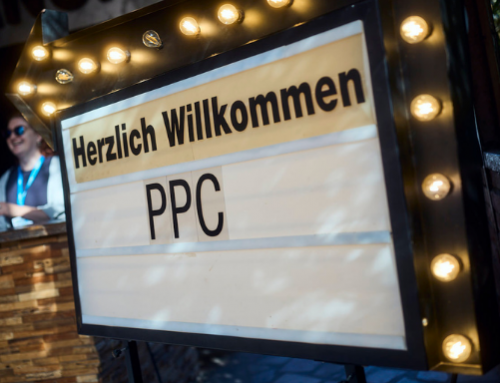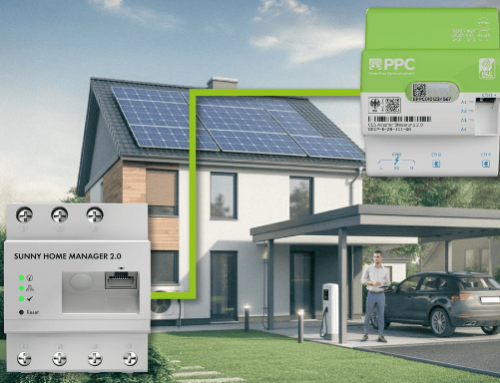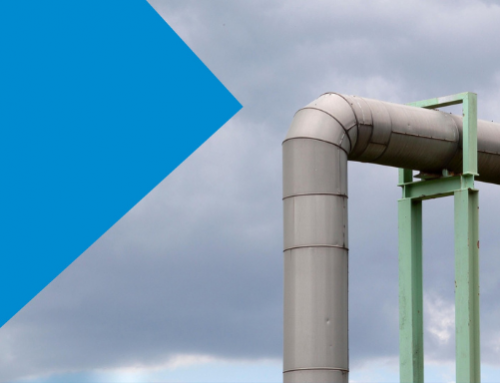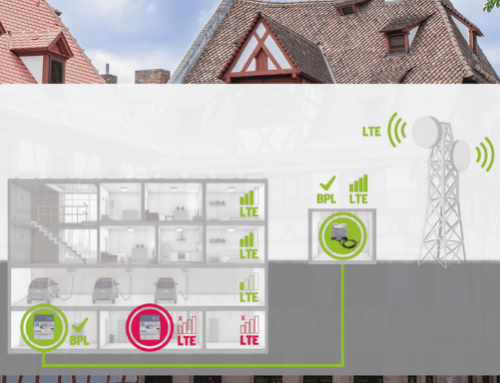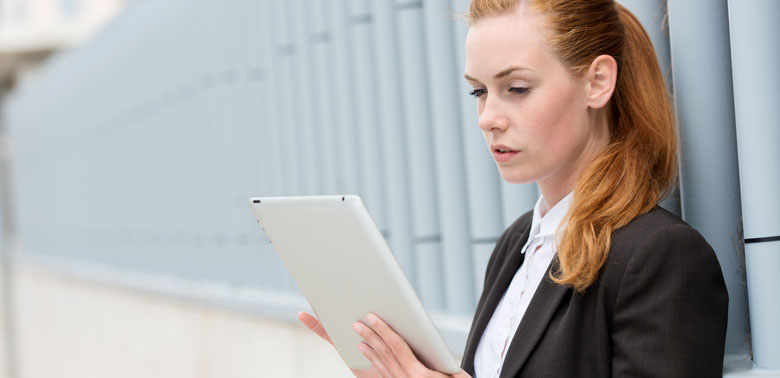Smart Meter Gateways help to use E-Vehicles for Smart Energy Storage
Electric vehicles can play an important role in the future energy system. Intelligent interaction between vehicles, charging infrastructure, power grids and electricity markets is being developed.
Bidirectional electric vehicles can be charged and discharged in such a way that they serve the grid and/or optimise the amount of energy from renewable sources used in the power grid. Currently, bidirectional electric vehicles used as mobile storage systems are not clearly regulated by law.
The research project “Bidirectional Charging Management – BDL” is showing how the power and storage capacity of electric vehicles can be exploited in various use cases.
The solutions being tested in the project are intended to be holistic and user-friendly. Fifty BMW i3s will be used as test vehicles for the different solutuions.
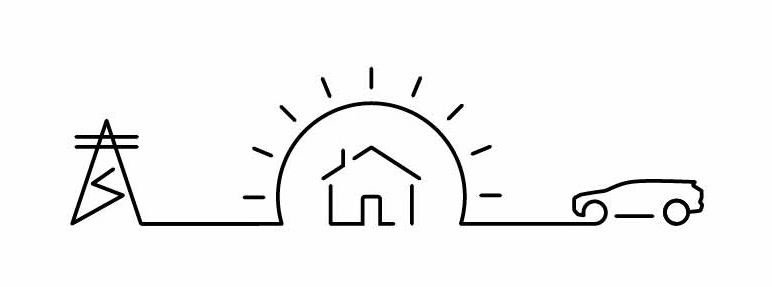
Communication via the Smart Meter Gateway (SMGW)
The solution cannot exist without a secure, compatible and standardised communication platform. Three components are integrated to create end to end communications:
- OCPP (Open Charge Point Protocol) for communication between the wallbox and the backend system,
- EEBUS as the application protocol in the smart meter gateway, and
- The intelligent metering system (iMSys) comprising a smart meter and SMGW, for local communication.
A holistic, user-oriented offer for the integration of bidirectional electric vehicles into the energy system will be developed and tested.
Project partners from the automotive industry, the energy sector and academia are designing this user-friendly, technical solutions for bidirectional electric vehicles. These will be deployed in a field test with 50 BMW i3s.
Policy Paper
Project consortium partners BMW, Bayernwerk, FfE, Keo, Kostal and Tennet have jointly published a policy paper focussing on the use case “vehicle-to-home” with an emphasis on self-consumption enhancement, i.e. the question of how the electric vehicle can serve as temporary storage for self-generated energy (e.g. by a photovoltaic system).
Currently, the use of bidirectional electric vehicles as mobile storage systems is not clearly regulated in Germany.
Project Partners
In addition to the consortium leader BMW Group, the partners KOSTAL Industrie Elektrik GmbH, TenneT TSO GmbH, Bayernwerk Netz GmbH, Forschungsstelle für Energiewirtschaft e.V. (FfE), Forschungsgesellschaft für Energiewirtschaft mbH, Karlsruhe Institute of Technology (KIT), KEO GmbH and the University of Passau.
PPC is supporting the project as Smart Meter Gateway supplier.
BDL is funded by the German Federal Ministry for Economic Affairs and Energy. The German-Aerospace-Center (Deutsche Luft- und Raumfahrt (DLR)) is responsible for the three-year pilot project.
Eight subprojects
BDL is divided into eight subprojects, whose interaction is shown in the following figure (source: FfE):
